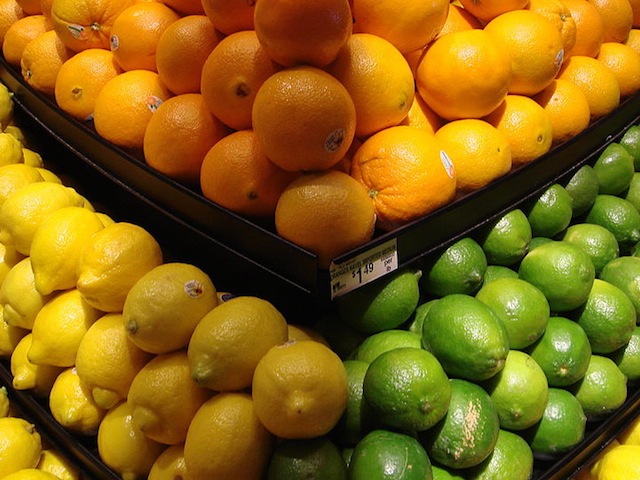Island of the Raped Women by Frances Driscoll
I’m revisiting this poem, one I wrote about briefly a couple of years ago. It’s Yeats’ visit to Innisfree that has me thinking about it again. Ms. Driscoll is here creating another island. And while Yeats created his island from memory and longing, this one seems to arise from pure longing. An island imagined because it is much needed. The title reveals what the stakes are—why the island is necessary.
This is how it begins:
There are no paved roads here and all of the goats
are well-behaved. Mornings, beneath thatched shelters,
we paint wide-brimmed straw hats. We paint them
inside and outside. We paint very very fast. Five
hats a morning. We paint very very slow. One hat
a week. All of our hats are beautiful and we all look
beautiful in our hats.
Seven lines and a place is created. The dirt roads. The pleasant goats. The thatched shelter. And the hats. Like some simple but idyllic summer camp.
Then, a series of activities—verbs—at this camp.
Mapping. Napping. Baking. Straining. Whisking. Watching. Waiting. Pouring. Serving. Ruffling. Feeling. Eating. (We all eat in moderation and there is no difficulty swallowing.) Sleeping. Waking. Chanting. Painting.
There’s a kind of healing genius at work here. A reconnection offered to good and ordinary things. Because it is a hard truth of trauma that one of its most devastating consequences can be disconnection.
Judith Herman, in Trauma and Recovery, devotes an entire chapter to disconnection. She writes:
Traumatic events call into question basic human relationships. They breach the attachments of family, friendship, love and community. They shatter the construction of the self that is formed and sustained in relation to others. They undermine the belief systems that give meaning to human experience. They violate the victim’s faith in a natural or divine order and cast the victim into a state of existential crisis.
The verbs of trauma: Breach. Shatter. Undermine. Violate. Cast. (Cast into? Cast out?)
What genius then for Ms. Driscoll to offer the antidote—or some part of the antidote—in a single poem. The antithesis of breach and shatter.
. . . We make orange and almond cake. This requires
essence and rind. Whipped cream. Imagination.
We make soft orange cream. This requires juice
of five oranges and juice of one lemon. (Sometimes
we substitute lime for the lemon. This is also good.)
A reconnection to good and ordinary things.
Oranges. Lemons. Limes.
And all in the context of we. We paint. We make. We serve. We ruffle. (We ruffle pink sand from one another’s hair.) We talk.
A reconnection in this imagined place not just to good and ordinary things but also to others—to other women—to other raped women—the island of the raped women.
If there could be, say, in the wake of trauma, a series of stepping stones to reconnection, I think this island, or a place like this island, would be one of those perfect stones—wide and safe and welcoming.
__________________________________________________________
A full text of “Island of the Raped Women” can be found here.
Photo from Wikimedia.

